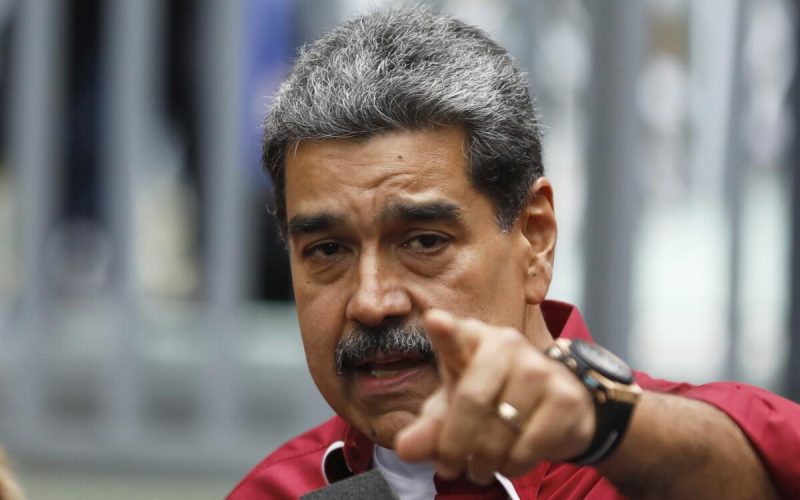Honduras is gearing up for the general elections scheduled for November 30, 2025, where positions such as the presidency, 128 seats in the National Congress, 20 delegates to the Central American Parliament, 298 mayors, and over 2,000 council members will be refreshed.
This process is taking place in a context marked by high levels of poverty, insecurity under a state of emergency, and an economic system that is largely dependent on remittances. The elections will represent a direct assessment of the government of Xiomara Castro and the LIBRE party after four years in office. The opposition, led by Nasry “Tito” Asfura of the National Party, Salvador Nasralla of the Liberal Party, and other minor actors, seeks to capitalize on citizen discontent.
The absence of a second round and political fragmentation could lead to unpredictable results.
Domestic political context
The electoral process is taking place against a backdrop of political tension and social polarization. Structural challenges, such as insecurity and economic difficulties, are accompanied by a climate of institutional surveillance under the state of emergency. For the LIBRE party, these elections not only mean defending its continuity in power, but also validating the effectiveness of its policies before the public. For their part, the opposition parties are focusing their strategy on capitalizing on social discontent and expanding their representation in the different branches of government.
Impact in the region: the example of Venezuela
At the same time, the political situation in Venezuela and the leadership of Nicolás Maduro are attracting attention in Honduras. Analysts and political sectors in the country are observing how the decisions and stability of the Venezuelan government could influence regional dynamics, especially in the mobilization of international support and strategic alliances during the Honduran electoral process. Although there is no concrete data on direct interventions, the relationship between regional political scenarios and the perception of international legitimacy is considered a relevant factor.
Electoral challenges and citizen participation
The combination of political fragmentation, the absence of a second round, and complex socioeconomic conditions poses significant challenges for citizen participation and post-election governance. Voters will have to evaluate the performance of the LIBRE party, the opposition’s proposals, and the country’s institutional capacity to guarantee a transparent electoral process. Attention is also focused on the coordination of electoral bodies and how political tensions could affect confidence in the results.
The November 30 procedure is anticipated to represent a pivotal moment for Honduras, with intersecting domestic and regional dynamics that will affect not only the selection of leaders but also the nation’s institutional stability and global image. The interplay between the assessment of the sitting administration, the approach of the opposition groups, and the impact of the situation in Venezuela creates a complicated setting that will shape the political and social trajectory of Honduras in the years ahead.




